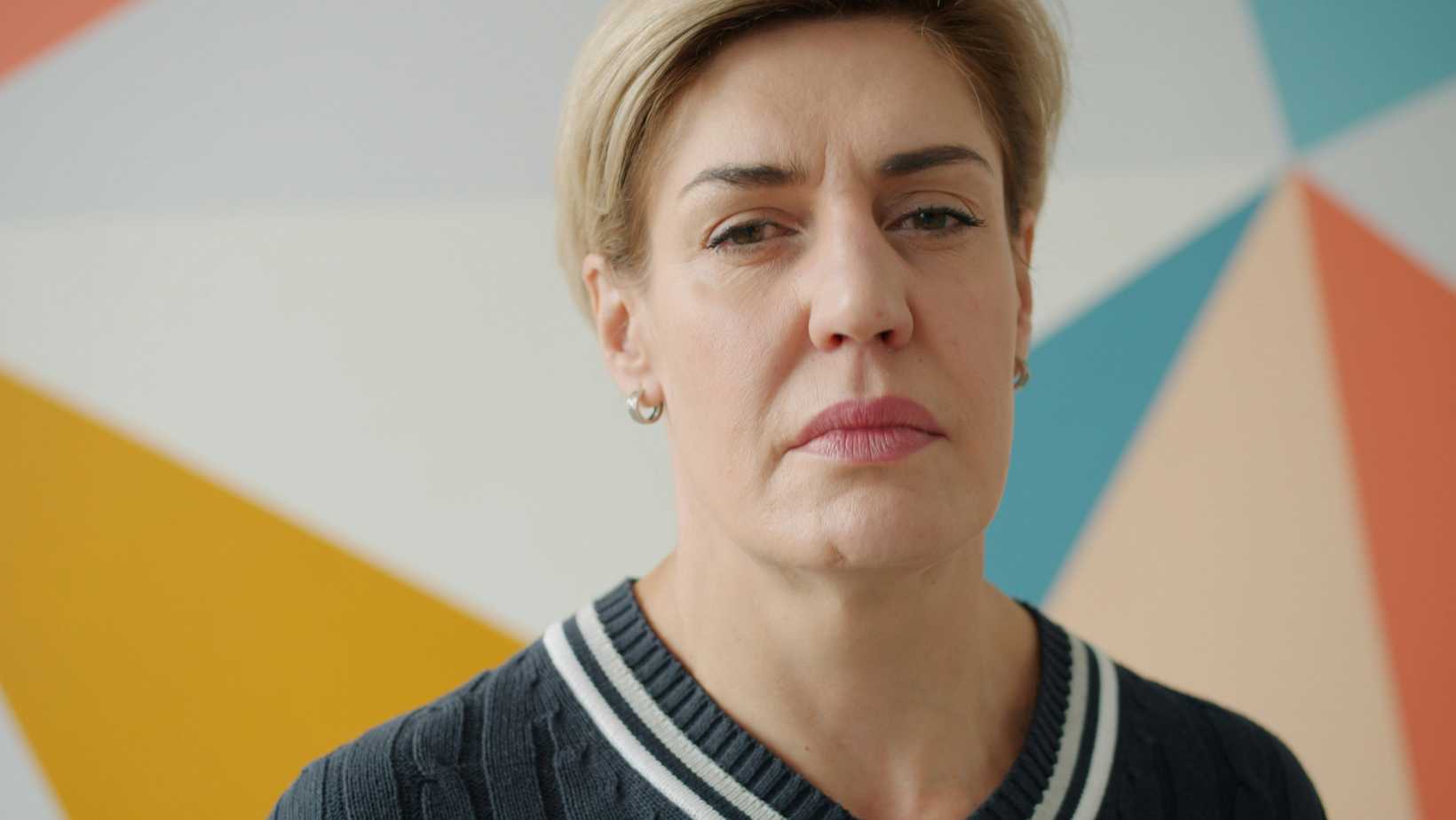The European Commission found conflicts of interest in the distribution of EU funds, and as a result, Czechia will have these amounts deducted from future subsidies.
The European Commission investigated the allocation of subsidies to non-eligible entities, including some linked to former Prime Minister Andrej Babiš, Regional Development Minister Ivan Bartos from the Pirate party, said on Thursday, according to the Czech News Agency.
In an investigation spanning some three years, the Commission found several unlawful examples, including disbursement to a bakery from Agrofert, which Babis transferred to trust funds to meet the Czech conflict of interest law.
The firm was given a subsidy of €4 million for constructing a bread assembly line that did not meet the innovation criteria.
Czech ministries will now have to enforce the return of such subsidies from the recipients, which could result in litigation.
Bartos said he expected the ministries to enforce the return of such subsidies, which may lead to court proceedings.
Rather than returning the money to the Commission, Czechia will get less in the next period when other subsides are approved, as those allotted unlawfully will be deducted from their volume, Bartos said.
“It will be up to our institutions to gain the money back from the firm that was drawing subsidies at variance with the given rules,” the minister added.
Bartos also pointed out that the current government had pushed through systemic changes to prevent conflicts of interest. The Commission appreciated these steps in its final letter, he added.
These measures include, for instance, an amendment to a Czech law concerning the register of real owners of companies.










